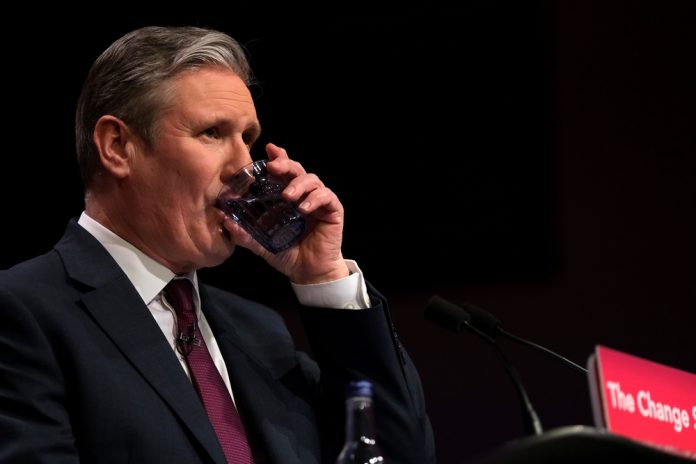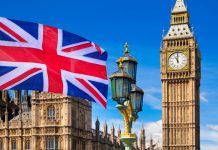The UK gambling sector will be hopeful its period of limbo is brought to an end in the early hours of Friday morning as the general election result filters in and clarity of the next government is realised.
It’s a little over a month ago that a rain-soaked Rishi Sunak announced the snap-election, disrupting the implementation of the gambling white paper and new plans for the land-based sector.
Before Parliament was dissolved and the election campaign got underway, the Department for Culture, Media and Sport had published new regulations in response to a consultation regarding measures relating to the land-based gambling sector from the gambling white paper.
They provided a bright outlook for the land-based gaming sector, enabling certain casinos to increase the number of gaming machines they offer to 80 and for smaller casinos to more than 20; allowing a 2:1 ratio of Category B to Category C and D gaming machines in arcades and bingo halls, which after much political back and forth was seen as a significant victory for the industry.
However, these plans were thrown into doubt as the election was called, and a lack of focus on plans for the UK gambling sector within the main parties’ manifestos makes it hard to believe that this legislation will be a priority for any incoming government.
It caused BACTA to urge members to engage with candidates from the opposition Labour Party – which has a big poll lead – to ensure that the sector isn’t forgotten and progress is pushed to the forefront for any party that comes into government.
Bacta President John Bollom responded when the election was called: “A snap General Election was always the biggest risk to getting the Gambling White Paper reforms passed into law.
“I am asking every Bacta member to contact their parliamentary candidates – especially the Labour Party candidates – to encourage them to support the land-based gambling reforms.
“We will be issuing advice to members on how to do this in the coming days.
“It is imperative, if there is a change in Government, that the Labour Party finishes the job and supports modernisation of our sector to support both the High Street and seaside towns.
“The reforms are so vital for our sector. I like to think they may have been delayed, not derailed. Our campaign continues.”
Nonetheless, should polls be correct and a Labour government come into power on Thursday evening, there has been optimism that although it won’t be at the forefront of focus, wider plans for the implementation of white paper changes will continue to progress unscathed.
It is uncertain what will follow whoever gets the keys to number 10 on Friday, yet a cabinet reshuffle is almost inevitable and the leading mind that looks over the gambling industry’s framework will change.
As adaptations reign across the cabinet and changes ring around, UK gambling will hope the government settles on the long-awaited stability that had been found prior to the snap-election and allows for the previously touted laws to be implemented and the trial of white paper changes to continue as they were.
One key consideration, highlighted by Bacta, is that the industry needs to take the ascendancy when it comes to communication with governmental officials and put forward its case for change.
Furthermore, the new government will do well to place a close eye on the German market, where a tightening of restrictions has seen worrying numbers come from black market engagement.
The latest numbers from Germany’s gambling authority, Gemeinsamen Glücksspielbehörde der Länder, revealed that illegal gambling revenue was equal to up to four per cent of the country’s total GGR in 2023.
Publishing figures behind the country’s gambling ecosystem for the previous year, the GGL confirmed that illegal gambling revenue – defined as player losses in the report – stood between €400m and €600m.
Signalling that black market gambling is still rife in the nation, these figures are equal to around four per cent of the total market’s GGR, which came in at €13.7bn for the year.
Pressure for legitimate German operators elevated from tough frameworks as the online slot limit is just €1 a spin and the overall deposit limit is €1,000. As affordability checks were being speculated in the UK market, many cited Germany as an example of why their impact simply shouldn’t be taken lightly.
And, should the temptation arise for a new government to intensify player affordability checks, they will be advised to look at markets that have taken this route and the results they have had.











